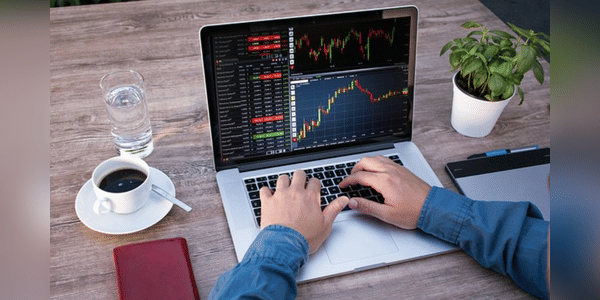Choosing a broker is one of the basic pillars before entering the investment world. Today we will look at how to choose a broker and what to look for when choosing one. It happens that some people choose their broker and then are unpleasantly surprised because they didn't find out some basic information, which eventually leads to investors moving on to other brokers. But why not do it straight and proper?

What is a broker?
The basic definition of a broker:
A broker, or broker, is a person or company that arranges for individual investors to trade in the financial markets. It charges fees for doing so. The activity of a broker is licensed; in the Czech Republic, the Czech National Bank issues licenses. If an individual (investor) wants to trade on the financial markets, they need a broker to do so.
What should I look for when choosing a broker?
1. Security - Is my money safe with the broker?
- Look at whether your shares are held in segregated accounts. This actually means, simply put, that if…
nice info
kanda ahh